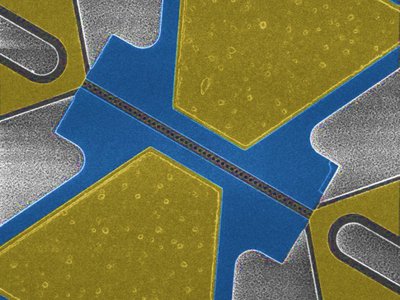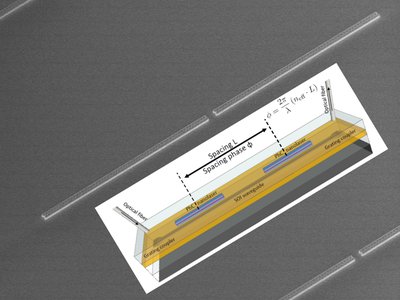
Contact: Fabrice RAINERI
The all-pervading development of photonics in the last decades is intimately linked to the advent of the society of information and communication and to the stupendous growth in world data transfer. As a necessary evolution, attention is now directed to optical datacom and computercom which concern data links down to the mm scale. For these, the issues to tackle are the dispatching and sorting of a mind boggling amount of information. The very nature of optics offers the potential to obtain the required high data transmission and processing rates with low power consumption. The use of Silicon photonics has been clearly identified in all roadmaps as a means to achieve the most awaited convergence of microelectronics and photonics on a chip by overcoming electrical interconnect limitations in bandwidth and power efficiency. However to implement this paradigm change, it is crucial to meet up with the exigencies for the performance of the optoelectronic devices which are extremely high.
Novel directions in this domain are of paramount importance to solve this problem. Nanophotonics with its capacity to provide ultimate light-matter interaction will surely be at the centre of the solution. However, in nanophotonics, bridging the gap between fundamental studies and real life device implementation is a formidable task. This is exactly our ambition.
For the last years, our team has been concentrating its efforts on expoiting the unique optical properties of photonic crystals structures. We have been employing these emblematic wavelength-scale strutures to achieve (click on the image to know more):

Scaning electron microscope image of our hybrid electrically driven nanolaser

Scaning electron micrograph of active nanocavities heterogeneously integrated on and coupled through an SOI waveguide